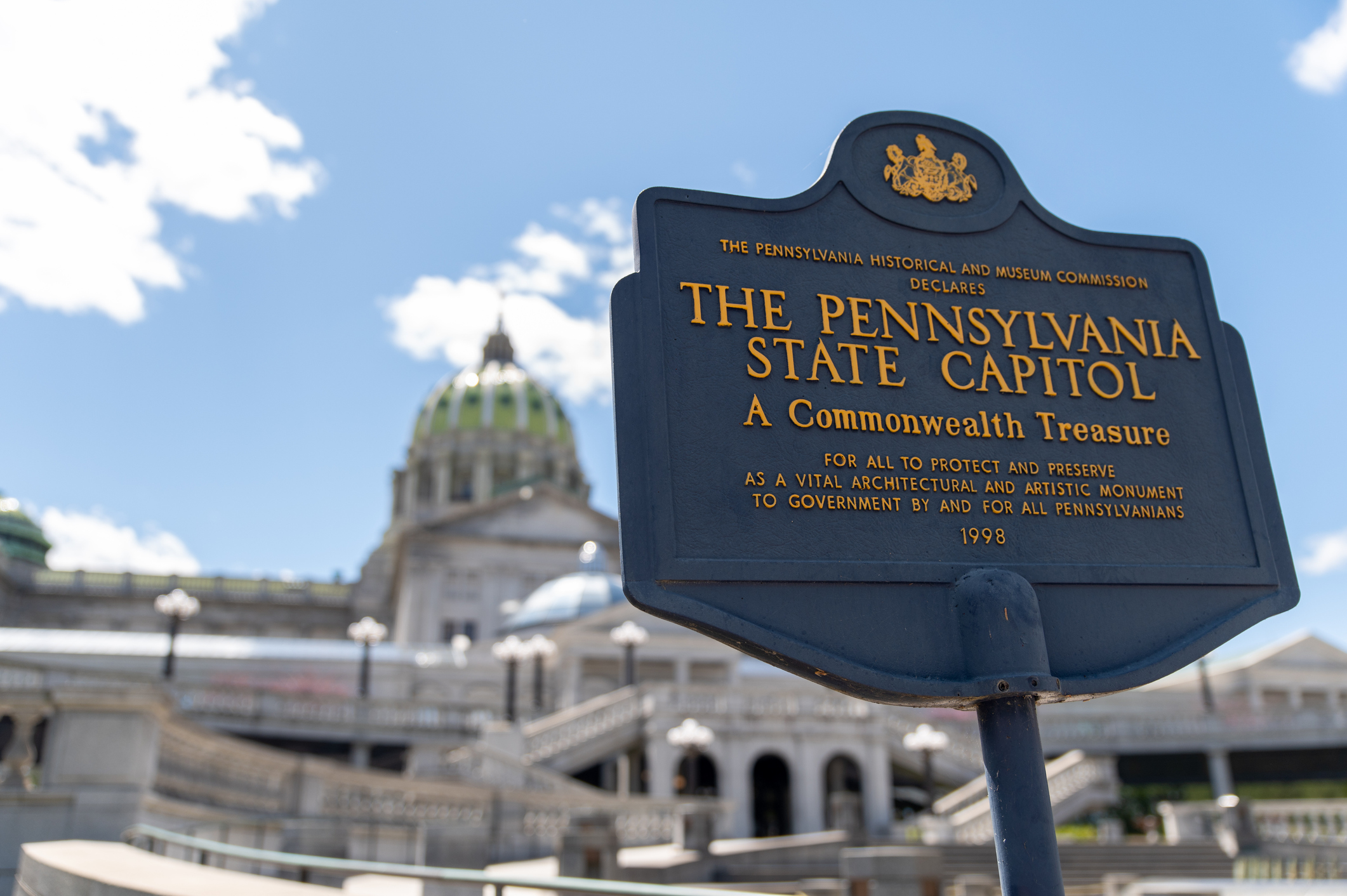
On August 16, 2022, President Biden signed the Inflation Reduction Act (H.R. 5376) into law after the U.S. House and Senate passed the package in the first weeks of August. After over a year of negotiations, Senate Democrats agreed to a narrow bill to invest in energy initiatives, curb drug prices and reduce the deficit, paid for by new corporate taxes. Here are some of the most notable Inflation Reduction Act tax credits and rebates included:
Inflation Reduction Act Tax Credits: Green Energy
The law structures various green energy tax credits as tiered incentives and applies the structure to several new and existing tax credits, including:
- A new credit for selling or using a qualified mixture of sustainable aviation fuel (SAF);
- A new credit for the domestic production of clean fuels based on their carbon emissions;
- A new credit to produce clean hydrogen;
- A production tax credit (PTC) for electricity generated from renewable energy sources was extended;
- An investment tax credit for renewable energy property;
- Credit for advanced energy projects; and
- New production and investment tax credits related to clean electricity.
Several existing tax incentives were extended, including the following:
- Credit for carbon capture facilities;
- Credit for qualified energy efficiency improvements for residential energy property;
- Credits for biodiesel, renewable diesel, alternative fuels, and alternative fuel mixtures; and
- Deduction for energy-efficient commercial buildings.
Inflation Reduction Act Tax Credits: Electric Vehicles
The measure modifies the existing tax credit that provides as much as $7,500 to individuals for purchases of qualifying electric vehicles. The measure changes the credit, so it:
- Applies to “clean vehicles” such as electric and fuel cell vehicles;
- Applies to vehicles with final assembly occurring in the United States;
- Equals $3,750 if a certain percentage of the critical minerals contained in the vehicle’s battery is extracted or processed in the United States;
- Equals $3,750 if a certain percentage of the value of components in a vehicle’s battery is manufactured or assembled in North America; and
- Phases out beginning at $300,000 for joint filers and $150,000 for single filers.
The measure bars credits if the suggested retail price of vehicles exceeds specific amounts.
The measure also establishes credits for purchasing a:
- Commercial clean vehicles manufactured primarily for use on public streets, roads, and highways. Vehicles that operate exclusively on railroads are excluded. The credit equals 30% of the vehicle’s sale price or the incremental cost of the vehicle, whichever is less; or
- Used clean vehicle. The credit equals $4,000 or 30% of the vehicle’s sale price, whichever is lower. It phases out at $150,000 for joint filers and $75,000 for single filers.
Latest News
Photo credit: iStock.com/Niiaz Sabirov In 2025, several U.S. states have introduced legislation to prohibit geoengineering, defined as intentional large-scale interventions in Earth’s atmosphere or climate systems, such as cloud seeding or solar radiation modification. These [...]
Photo credit: iStock.com/sommart In 2025, state governments across the U.S. are advancing initiatives to improve administrative efficiency and modernize civil service, adopting tailored strategies to better serve residents. Recognizing the importance of adaptability, innovation, and [...]
Photo credit: iStock.com/BackyardProduction Governor Josh Shapiro delivered his 2025-26 budget address, outlining economic initiatives, public safety measures, infrastructure improvements, and education funding. His speech emphasized continued investment in key sectors to strengthen Pennsylvania’s [...]
Photo credit: iStock.com/Hamburg Studios As Pennsylvania continues to navigate an evolving energy landscape, state leaders are proposing new approaches to ensure reliability, affordability, and sustainability. Governor Josh Shapiro recently announced his “Lightning Plan”, a six-part [...]






Stay In Touch